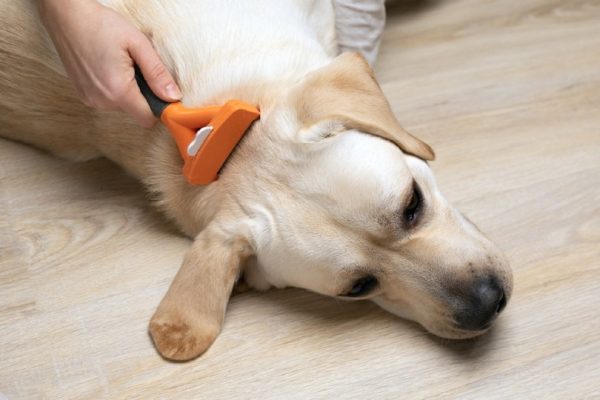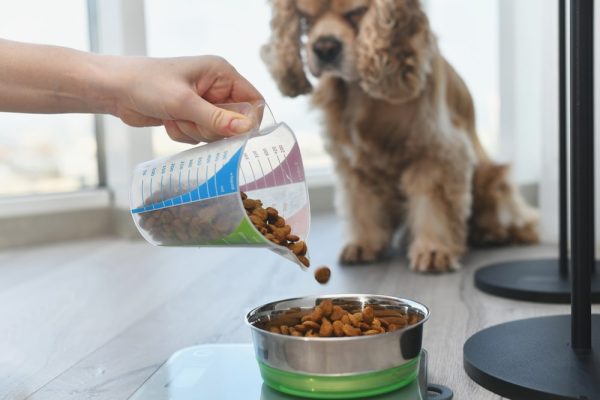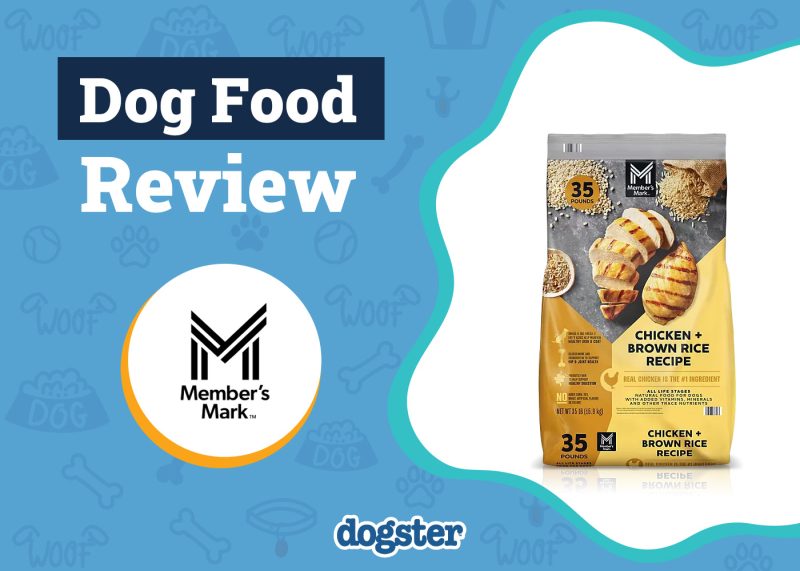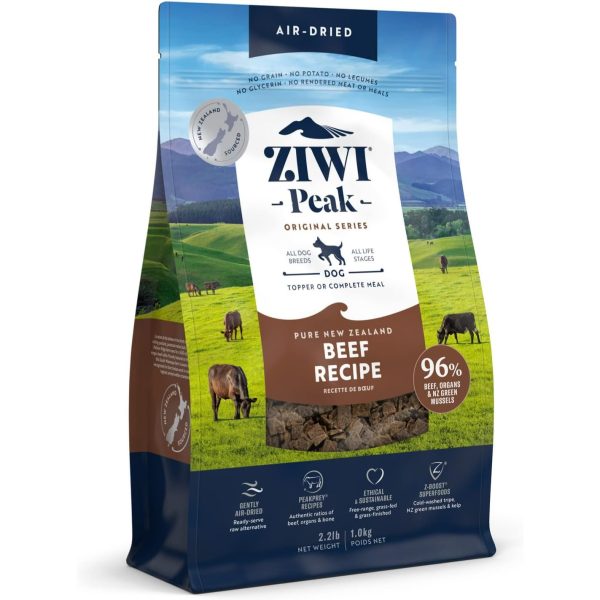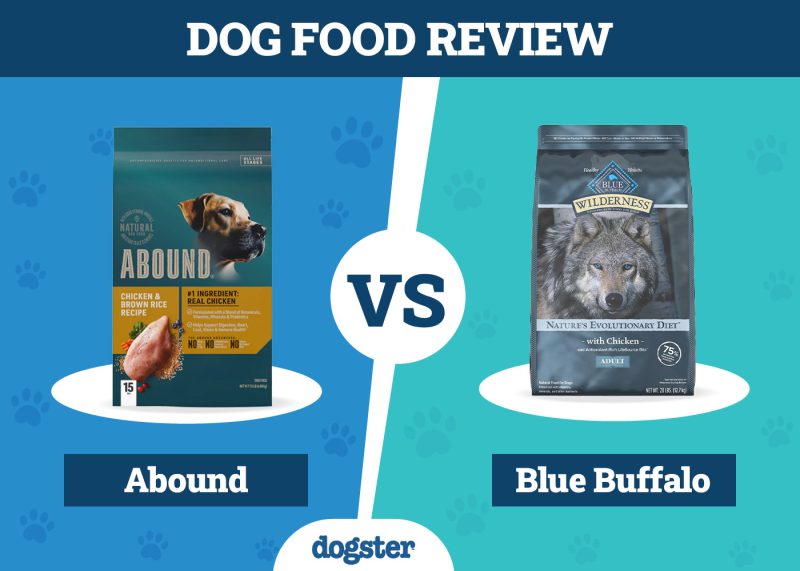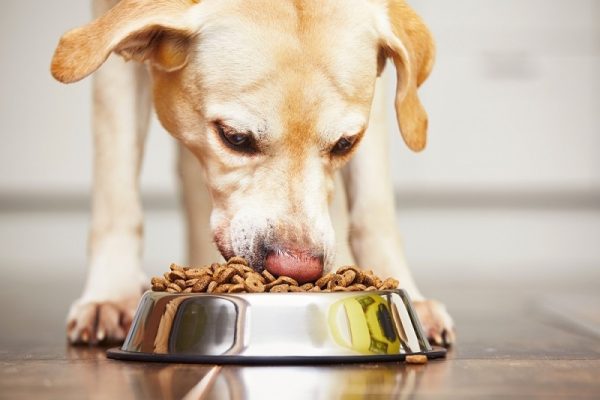In this article
View 2 More +Whether begging to share our dinner or rummaging through the trash, dogs love to eat human food. Unfortunately, not all people food is safe for dogs, so it’s important to know what they can and can’t eat. If you’re wondering if dogs can eat biscuits, the answer is yes, in moderation, as long as the baked goods don’t contain any toxic ingredients.
In this article, we’ll cover some of the concerns you might have about your dog eating biscuits. You’ll also learn why your dog shouldn’t eat too many biscuits, even if they’re technically safe to consume.

Is It Safe for Dogs to Eat Biscuits?
Dogs can usually safely eat a biscuit as long as they don’t contain any toxic ingredients. Basic biscuit recipes typically contain flour, salt, milk, butter, and other ingredients such as sugar and baking powder. These ingredients generally aren’t toxic to dogs, but they could upset their stomachs and are not healthy for them. If your dog snaffles a biscuit check the ingredients. If you are unsure if they are safe for dogs you can check on a poisons database such as petpoisonhelpline.com.1
Biscuits become unsafe and even dangerous for dogs if they include ingredients known to be toxic.2 Raisins, chocolate, and certain nuts are toxic ingredients you may find in biscuit recipes. Xylitol is another big concern, often found in sugar free biscuits. It causes profound low blood sugar in dogs.
Unbaked biscuits that contain yeast are also dangerous to dogs. Once ingested, the raw dough will rise in the dog’s stomach and give off alcohol as it breaks down. Your dog may become dangerously bloated by the rising dough or poisoned by the alcohol.
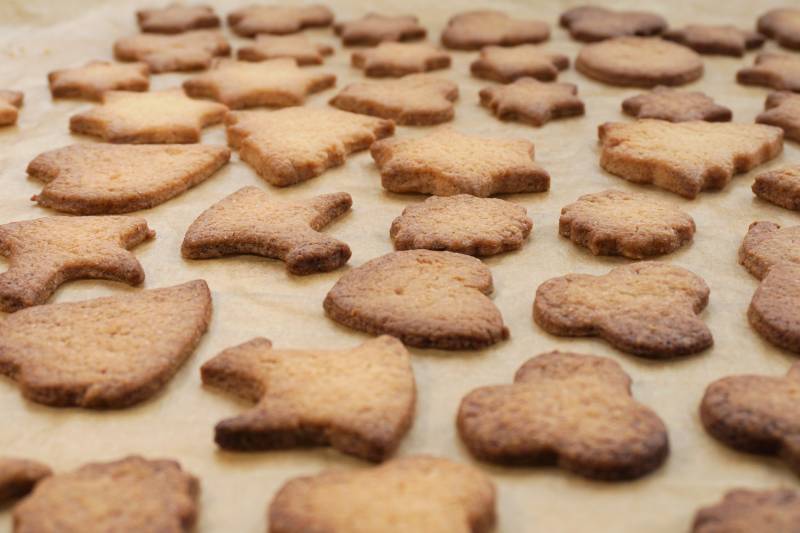
Possible Concerns When Dogs Eat Biscuits
Unlike most humans, dogs aren’t able to digest dairy products properly. Because of this, eating biscuits could upset your dog’s stomach, causing vomiting and diarrhea. In addition, both dairy products and occasionally wheat are triggers for food allergies in dogs, according to research. Food allergies can also cause vomiting, diarrhea, itching, and other skin issues.
Numerous foods, including proteins like chicken and beef, can trigger food allergies. Diagnosing them can be tricky and time-consuming. If you suspect your dog may have food sensitivities, talk to your veterinarian for guidance before making a diet change.
If you need to speak with a vet but can't get to one, head over to PangoVet. It's our online service where you can talk to a vet online and get the advice you need for your pet — all at an affordable price!
Are Biscuits Healthy for Dogs?
Biscuits may not (usually) be toxic to dogs, but they aren’t a healthy snack option either. Dogs shouldn’t eat too many snacks or treats, even those designed just for them. Only about 10% of your dog’s daily calories should come from treats.
Treats, including human food like biscuits, generally aren’t nutritionally balanced like dog food. They are often high in calories and fat as well. If your dog eats too many treats, it may not be hungry for its regular diet, which provides the nutrients they need to stay healthy.
Overeating human food and other treats could lead to your dog becoming overweight. Obesity in dogs is linked to many health concerns, including heart disease, diabetes, and arthritis.


Conclusion
If your dog got hold of your biscuits while you weren’t looking, those made without toxic ingredients are usually relatively safe for your dog to eat. They could still upset your dog’s stomach or trigger food allergies and lead to weight gain. Before feeding any new food (especially a human one) check with your veterinarian, especially if your pup has any chronic health condition or a sensitive stomach. To ensure you aren’t overfeeding your dog any treats or scraps, ask your vet to help you calculate how many calories your dog should eat per day.
See Also:





